Note: This post may contain affiliate links which means if you click on a link and purchase an item, we will receive an affiliate commission at no extra cost to you.
This post is brought to you by a few of Phillip’s essentials for working remotely while traveling: his laptop and phone, and a powerful book he recommends: Neville Goddard’s The Power of Awareness.
This is the latest interview in a series featuring digital nomads talking about their lives and lessons (click here if you want to be interviewed). The goal is to help demystify the process of making money online, wandering the world, and living an unconventional life!
Phillip is backpacking across South America while he runs a successful remote business. Before this, he had a high-paying corporate position but had no time or freedom to enjoy life. He’s a great example of how an unconventional path can be the answer so many of us are looking for!
Thank you for hanging out with Freedom Is Everything, Phillip!
Key takeaways from Phillip’s interview:
“Nomading has reminded me of what it means to be human. It reintroduced to me the idea that all humans are interconnected. We should be one with the earth and with one another. We should all be imbued with a sense of oneness that transcends nationalism and geography. We are all citizens of the earth. The resources of the planet belong to all humanity. When we help each other, everyone benefits. On the material side, being a digital nomad allowed me to travel the world, experience different cultures, learn a new language, expand my business mindset, as well as see and understand multiple business opportunities. Nomading has definitely transformed my identity and way of thinking.”
“Perhaps my best advice, especially for those who plan to live minimally in the spirit of a true backpacker, is to be comfortable being uncomfortable. Remember, you’ll be living outside your own country. Things are bound to be difficult. You’ll be dealing with new people, new culture, new language, and new surroundings. Simple things such as ordering food, getting your laundry done, getting into public transport, getting a sim card for your phone, and asking for directions will be challenging because of the language barrier. However, just remember that challenges make you stronger, and you’ll be fine.”
“The most important thing to remember is always to do your research. Think about how you can differentiate yourself from other companies that are in the same industry you want to operate in. You can actually grow a lot faster when you implement a strategy that allows you to be different from your competitors. So take your time. Look at your industry as a whole. Look at what successful businesses in the industry are doing. Then figure out what you can do differently. Don’t just settle for something different for the sake of being different. Make sure it provides value and that you’re really good at it because ultimately, that’s what’s going to set you apart from the rest.”
Table of Contents
Introduce yourself! 🙂 Who are you? What do you do for work? And what is your nomadic story?
My name is Phillip Lew. I am the Founder and CEO of C9 Staff, which is a boutique remote staffing solutions company. We provide entrepreneurs and business owners all around the world access to a global pool of remote professionals from 35 top international labor markets across nine different industries: Design and Digital Marketing, Contact Center Services, Information Technology Services, Admin & Back Office Services, Financial Services, Professional Services, Engineering Services, Education Services, and Healthcare Services. Our highly-trained and expertly vetted pool of remote industry professionals can help companies save up to 70% in payroll and operational costs while facilitating growth of up to 300% year over year.
I have always dreamed of travelling the globe while operating a company that I can manage from a laptop from anywhere in the world.
I remember back when I just graduated from college (I have a degree in business from Boston University) and I started my first company. It was a college financial services consultancy with headquarters in Pasadena, California. I made $100,000 in my first year of operations and $200,000 the following year. But the problem was I was stuck in an endless cycle of 10-hour workdays. I had meetings all day long. There was even a time when I was doing eight meetings per day. I was making a lot of money, but I was tired, and I didn’t even have the energy or the time to spend and enjoy the money I was making.
Then I chanced upon a success seminar by James Rick, who later became my friend, mentor, and coach. He introduced me to the idea of building my business around my lifestyle instead of the other way around. I marveled at how he was actively engaged in business while he’s nomading across South America.
I decided I wanted the same lifestyle, so I took a leap of faith. I shut down my business and moved to Costa Rica so I can be closer to James and learn from him. That’s when I became a digital nomad. This all happened in 2012. After just a few years, I started my own company, and I’m now living my dream. I’ve had the chance to live in many countries in Central and South America, the Philippines and Malaysia in Southeast Asia, and even spent time living across Europe.
Right now, I’m back in South America. I recently stayed in Medellin, Colombia, and now I’m here in Lima, Peru.
What inspired you to start nomading? And how has nomading changed your perspective on life?
Nomading has reminded me of what it means to be human. It reintroduced to me the idea that all humans are interconnected. We should be one with the earth and with one another. We should all be imbued with a sense of oneness that transcends nationalism and geography. We are all citizens of the earth. The resources of the planet belong to all humanity. When we help each other, everyone benefits. On the material side, being a digital nomad allowed me to travel the world, experience different cultures, learn a new language, expand my business mindset, as well as see and understand multiple business opportunities. Nomading has definitely transformed my identity and way of thinking.
Please tell us the detailed story of how you started your business.
The “Aha Moment” that led to the idea for C9 Staff came as I was having breakfast at a coffee shop back in the Philippines.
The coffee shop was packed with vibrant and talented young professionals who can hold their own when pitted against professionals from the US, Canada, or anywhere else. I should know because I have been working side-by-side with them for the past several months (I was managing a call center there with my friend and mentor, James Rick), and I have firsthand knowledge and experience of how competent they are.
I also realized two or three of these talented Filipino professionals can be paid the equivalent of the salary of a similarly capable professional from the US – and these guys will be extremely happy with it already. On the other hand, companies that decide to hire them will be able to make huge savings on operational costs while still getting high-quality work. Their expansion can be exponential, while their spending can be relatively low.
So I thought, what if I can act as the bridge that connected companies in the US, Canada, UK, Australia, and New Zealand with talented and highly-capable remote staff in the Philippines? And instead of simply acting as a sort of recruiter or headhunter, I’ll structure it as a “concierge service” where I’ll take care of the sourcing, recruitment, hiring, and management of these remote staff for a fixed monthly fee.
And just like that, C9 Staff was born.
I reached out to a few former colleagues and convinced them to become my first clients. Now, my company is on its way to a 7-figure year, and if a couple of the deals I’m currently cooking pans out, we have a good chance of actually making it an 8-figure year.
What advice would you give to someone who’s thinking about nomading?
Make sure you research the country first before you go there. Understand the travel requirements (visa, non-visa), the culture, the time difference with where you’re flying from (especially if you’re bringing work with you), and living accommodations.
Also, make an effort to research safety precautions. Be prepared for anything.
But perhaps my best advice, especially for those who plan to live minimally in the spirit of a true backpacker, is to be comfortable being uncomfortable. Remember, you’ll be living outside your own country. Things are bound to be difficult. You’ll be dealing with new people, new culture, new language, and new surroundings. Simple things such as ordering food, getting your laundry done, getting into public transport, getting a sim card for your phone, and asking for directions will be challenging because of the language barrier. However, just remember that challenges make you stronger, and you’ll be fine.
What is unique about the way you travel, and what advice do you have for someone that wants to travel with a similar style?
Unlike most people who would like to plan out an itinerary, I travel based on the moment. I view travel as something fun and enjoyable, so I like to take it to the next level by not planning beyond my current destination. I like to be spontaneous when it comes to traveling, but don’t get me wrong – I still do my due diligence and research when I decide where to go next. I just don’t make it a habit to plan an entire itinerary. For me, that takes the adventure out of it.
What are the 2-3 favorite places where you’ve lived/traveled to and why?
I absolutely love Amsterdam in the Netherlands. I love their renaissance culture and how people are allowed and encouraged to express themselves and their individuality (and hey, I enjoyed being able to legally smoke cannabis as well). It’s also very picturesque with all its canals, scenic countryside, fairs, and cafes. It’s like stepping into a postcard. I also love its cosmopolitan feel where everyone seemed to know how to speak 2-3 languages. When the pandemic is over, Amsterdam is definitely the first on my list of places I’m going to visit and spend time in again.
I also enjoyed my stay in Kuala Lumpur in Malaysia. I love how developed, clean, and modern it is. It almost has a first-world feel to it. And then what’s interesting is all that modernity juxtaposed against its unique culture brought about by the country’s different religion, customs, and traditions. Plus, I love the food. It’s like a fusion of Chinese, Indian, Filipino, and Thai cuisine.
I recently stayed in Medellin, Colombia, and I can say it deserves a place on this list. It’s a high-tech and posh city that’s immersed in nature. I almost thought I was staying in Europe or something. And I also enjoyed its culture, food and the people.
If you had debt/student loans when you started nomading, how did you handle or think about this, and what advice would you give to other people with a similar situation?
I did graduate with a student loan. Paying it off is one of the biggest motivations I had for getting into business. I guess my advice for fresh graduates with student loans who want to get into nomading is to set up automatic payments, make sure you’re making enough money to cover for it, and just forget about it. That’s what I did.
What is one of your favorite travel stories/experiences?
I was traveling with my girlfriend to Ecuador, and I failed to follow my own advice of doing the research first before going somewhere. It turned out she needed a visa to get into Ecuador (she’s Filipina with a Philippine passport). The entire thing just slipped my mind because, as a US passport holder, I didn’t need a visa to enter Ecuador. So as soon as we landed in Ecuador, immigration didn’t let her through and promptly deported her back to Colombia, where we flew from. So I ended up staying in Ecuador and exploring the place by myself for two weeks while she did her thing back in Colombia. I think the entire experience was funny as hell.
Since launching, what has been most effective to acquire/retain customers and scale your business?
Everything successful I did with C9 Staff I got from the Gino Wickman book, “Traction: Get a Grip on Your Business.” It’s my business bible. I follow its methodology on growth and scaling, and it just works. Other than that, I believe working on your product or service and making sure it’s good, and it provides great value for your customers is always a great strategy for customer and client retention.
What digital tools do you use for your work/business?
I like to keep things simple in my business, especially since we’re operating 100% remotely. I’m currently here backpacking across South America. The bulk of my team is in the Philippines. I have a marketing team in China, an SEO team in the US and Central America, and a few other people I constantly communicate within different parts of the world. So, for the most part, we use Basecamp and Trello to take care of our project tracking and other business stuff. We communicate with Skype, Google Meet, or Zoom. We share files between us through Google Drive and Dropbox.
What scale is your business at today, and what are your future goals?
Currently, we’re a seven-figure company. In the last few months, we stepped up our marketing efforts, and it’s already paying off, so finishing this year with seven figures is no longer a possibility – it’s a certainty. In fact, we’re so certain we’re hitting seven figures this year that if the deals I’m currently working on pan out, we have a good chance of actually making 2021 an eight-figure year. That being said, our goal is to be a nine-figure company in the next two years, and we’re hard at work to make that happen.
For someone interested in becoming an entrepreneur in your field, what’s the best advice you would give? And what books, podcasts, thought leaders, or other learning resources do you recommend?
The most important thing to remember is always to do your research. Think about how you can differentiate yourself from other companies that are in the same industry you want to operate in. You can actually grow a lot faster when you implement a strategy that allows you to be different from your competitors.
So take your time. Look at your industry as a whole. Look at what successful businesses in the industry are doing. Then figure out what you can do differently. Don’t just settle for something different for the sake of being different. Make sure it provides value and that you’re really good at it because ultimately, that’s what’s going to set you apart from the rest.
Read Neville Goddard’s “The Power of Awareness.” I believe it’s the most important foundation you can have for your mindset and belief system – Everything you want and need is already inside of you. You just need to be aware of it.
Keep an eye on your heroes. I have always kept a close eye on mine, such as Elon Musk, Steve Jobs, Jeff Bezos, and Steven Spielberg, to name a few, to get inspired and motivated.
Invest at least 30 minutes of your time every day to put yourself in a positive mindset, whether it’s listening to podcasts, meditation, reading, or anything else that will put you in a headspace that’s more in tune to becoming successful.
And speaking of investing time, also make sure to allocate even just 1 hour each day to learn something new that’s related to your business. If you’re in IT, learn to code or learn a new programming language. If you’re in manufacturing, learn a new technology that can benefit your business. If you’re in marketing, learn SEO, PPC, or anything that will not only add value to your service or product but will ultimately make you a better entrepreneur.
What small change has made a big difference in your life?
Diet and exercise are the two smallest lifestyle changes that have paid back dividends in my life. When I started eating healthy and exercising regularly, I didn’t only notice a difference in my health and body. I also experienced clarity of thought. I feel like I’m in much more control of my emotions. I feel like I also strengthened my self-discipline when I started dieting and exercising. All these benefits have transcended beyond mere physical health.
Tell us about your content creation journey and share some of your favorite content that people should check out!
I have two shows. The first one is called Innovators, where I either interview industry experts, CEOs, entrepreneurs, and thought leaders or do solo episodes on a variety of topics. My favorite Innovators episodes are the solo one I did called “The Singularity is Near: When Technology Merges with Consciousness” and the interview I did with Erik Huberman, the CEO of Hawke Media, titled “How to Outsource Your CMO.”
The second one is called Panic to Power which are short 3 to 5-minute videos where I talk about metaphysics, spirituality, and all that good stuff. My favorite Panic to Power episode is the first one where I talk about consciousness.
If you only had a few minutes to live, what are the most important life lessons you would share with the world?
No matter where you are, what you have, what you achieved, and who you have become, remember to be in the present moment. The past no longer exists. It’s done. The future does not matter because you only have a few minutes to live. So just be in the present. Live in it. Revel in it.
The next important lesson I’d probably share is that abundance will flow into your life in proportion to the amount of gratitude in your heart. So fill your heart with gratitude. Be thankful. Be grateful.
What do you travel with that you couldn’t imagine traveling without?
I couldn’t imagine traveling without my laptop and cellphone. That’s because it’s how I run my business. Everything else is secondary to those two things.
What’s your favorite book and why?
My favorite book is “The Power of Awareness” by Neville Goddard. It’s practically my operating system. My entire belief system, mindset, value system, and attitude towards life and business are shaped by this book.
Tell us about a deep passion of yours! What has your journey been like, and what advice/resources would you recommend for someone interested in learning more about this topic?
Besides business and entrepreneurship, I’m deeply passionate about spirituality, mental sciences, metaphysics, alchemy, and those kinds of things. I love the idea of creating your own reality by the sheer power of your thoughts and beliefs.
I totally believe that anything you want can be yours if you just visualize it because that serves as the first seeds of actually manifesting that idea in your reality. That is why I always tell people to take the habit of meditation, even for just 10-15 minutes a day. Just learn to silence the mind and tune everything out. It’s how you can enter the transient reality and manifest it into your physical reality.
I also always tell people to start reading books about the law of attraction, manifestations, and all that.
What is your philosophy on being happy and/or finding meaning/purpose in life? And any recommended resources for people navigating this journey?
Happiness and contentment come to a person who lives simply and whose mind is quiet. I believe it is rooted in living in the present and not being too overly concerned about either the past or the future. You must understand that the conditioning of your mind determines your emotional state. And happiness is a type of conditioning. Contrary to what most people believe, happiness is beyond worldly. Happiness is about what you think of frequently in your mind. If you constantly fill your mind with happy thoughts, it will eventually manifest into your actions, speech, and emotions. Happiness is found inside you. You just need to learn how to reach inside and access it.
If you’re passionate about FIRE (Financial Independence Early Retirement), please share how this has impacted your life, what your journey has been like, and what other people should know about FIRE!
I have always trained and taught myself to live a lifestyle below my means. If I’m making $5,000, I find a place where I can live comfortably on $1,000. And instead of just saving my money, I make sure to invest strategically. I’m currently heavily invested in cryptocurrency and lithium-ion batteries because I believe those two things are where the future is right now. I think these things are the key to my own financial independence and early retirement.
How can people learn more about you and your work?
You can visit my company website at www.c9staff.com and find out more about what we do and quite possibly how we might be able to strike a strategic partnership. If you want to augment and/or expand your workforce with a globally-distributed team of professionals in order to grow your business exponentially – all while saving up to 70% in payroll and operational costs, talk to us. I’d be delighted to answer all your questions.
You can also visit my and my company’s Facebook accounts at https://www.facebook.com/phillipalew and https://www.facebook.com/C9Staff, respectively, as well as my and my company’s LinkedIn profiles at https://www.linkedin.com/in/phillipalew/ and https://www.linkedin.com/company/c9-staff/ respectively.

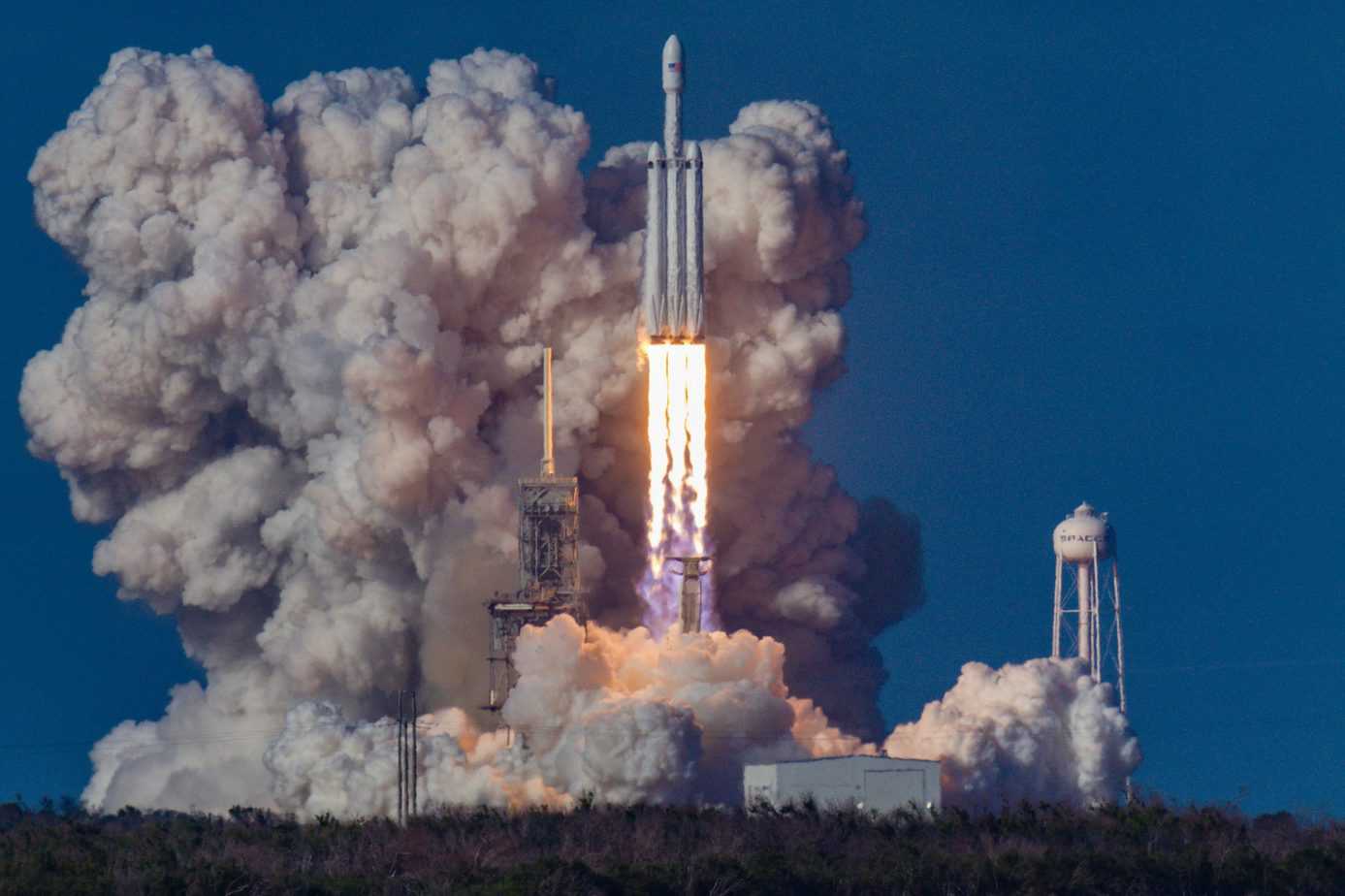
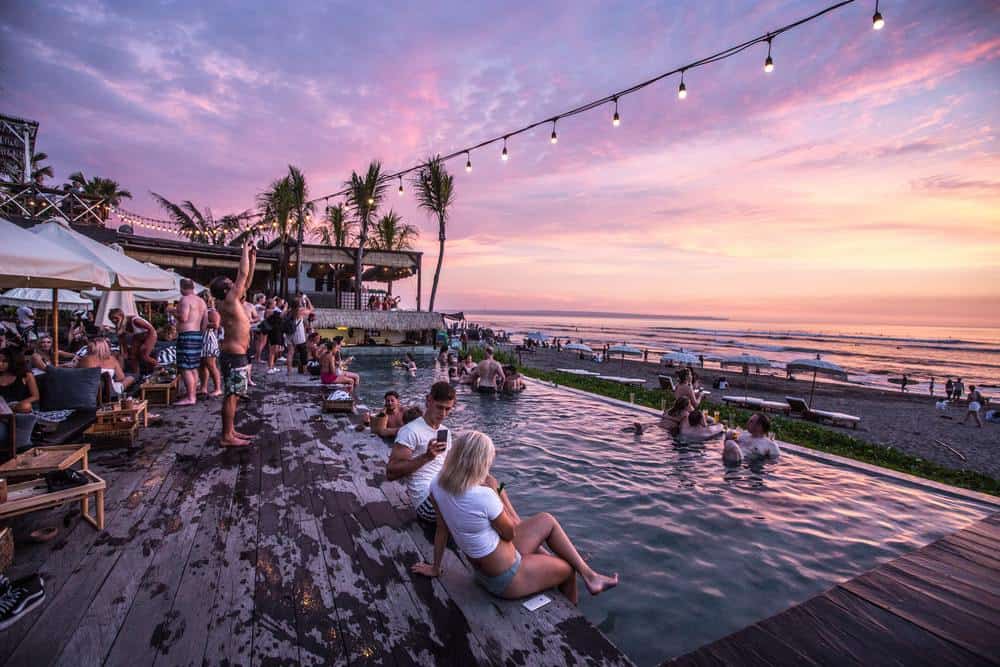
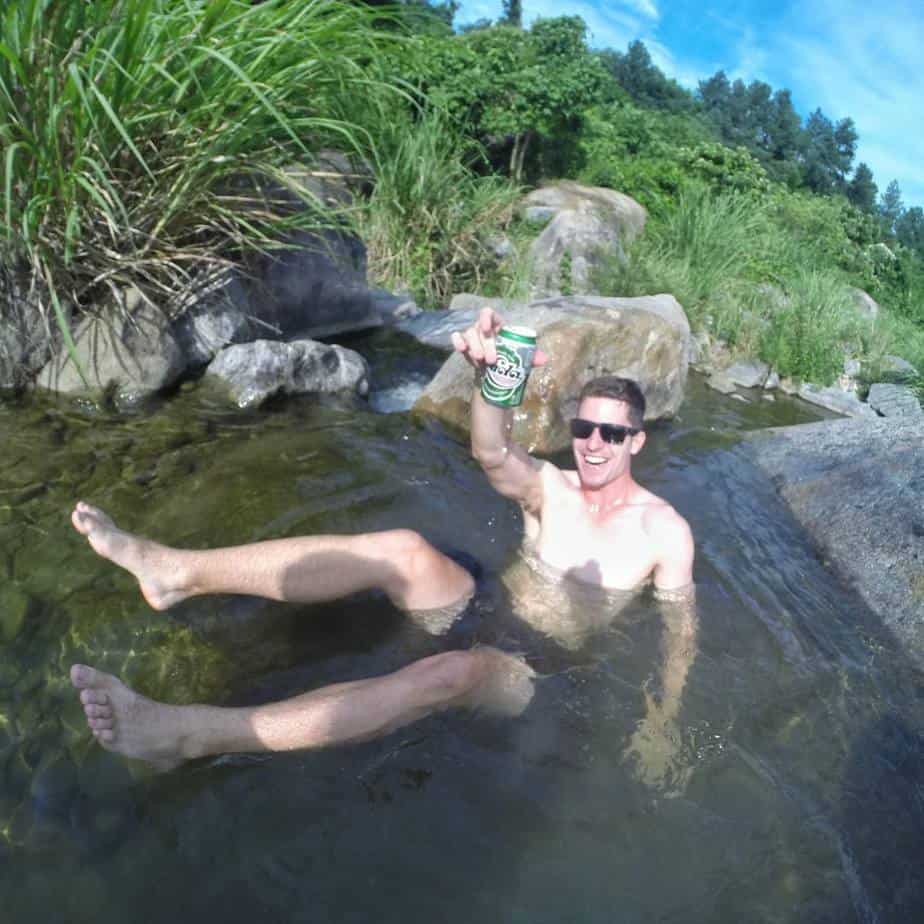
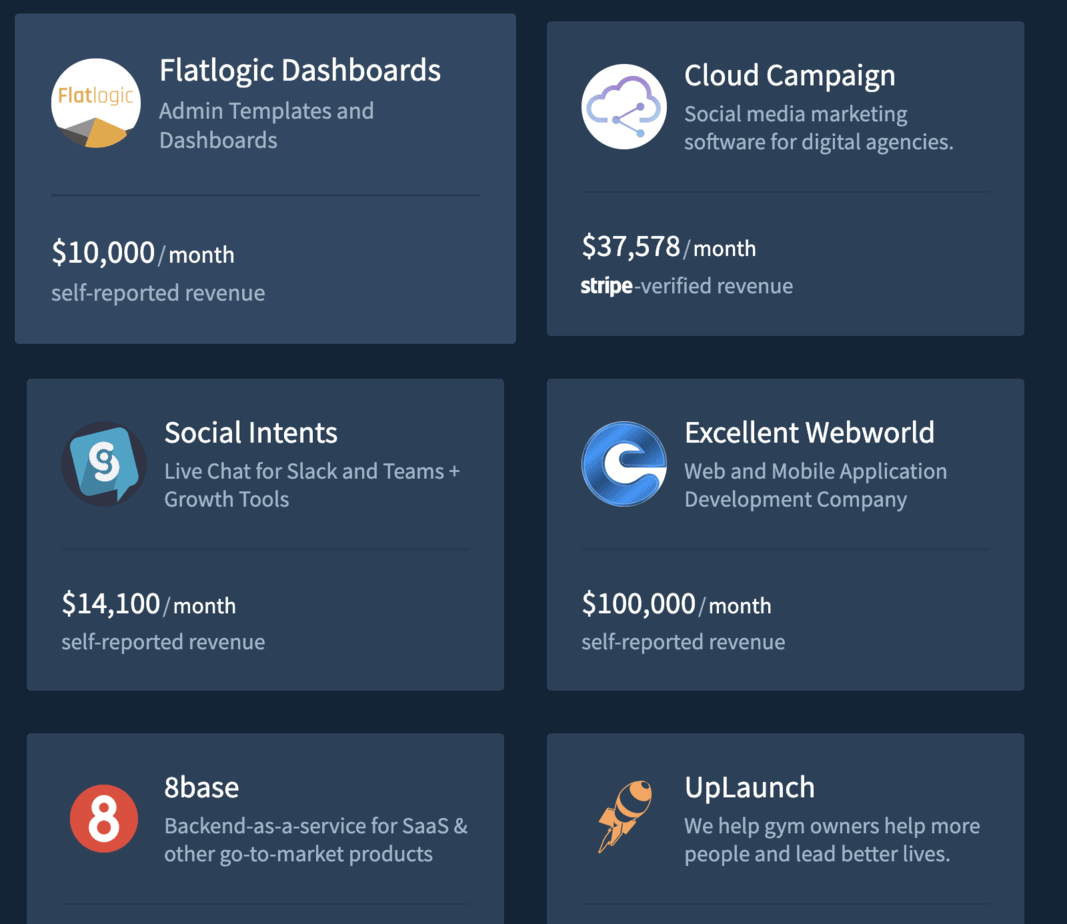
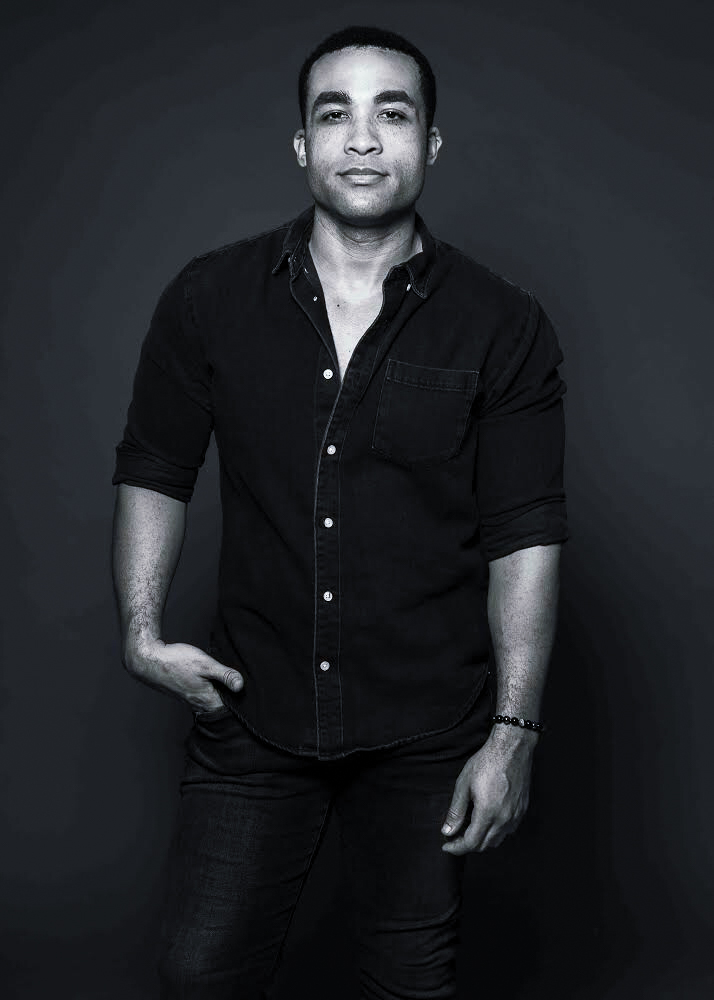
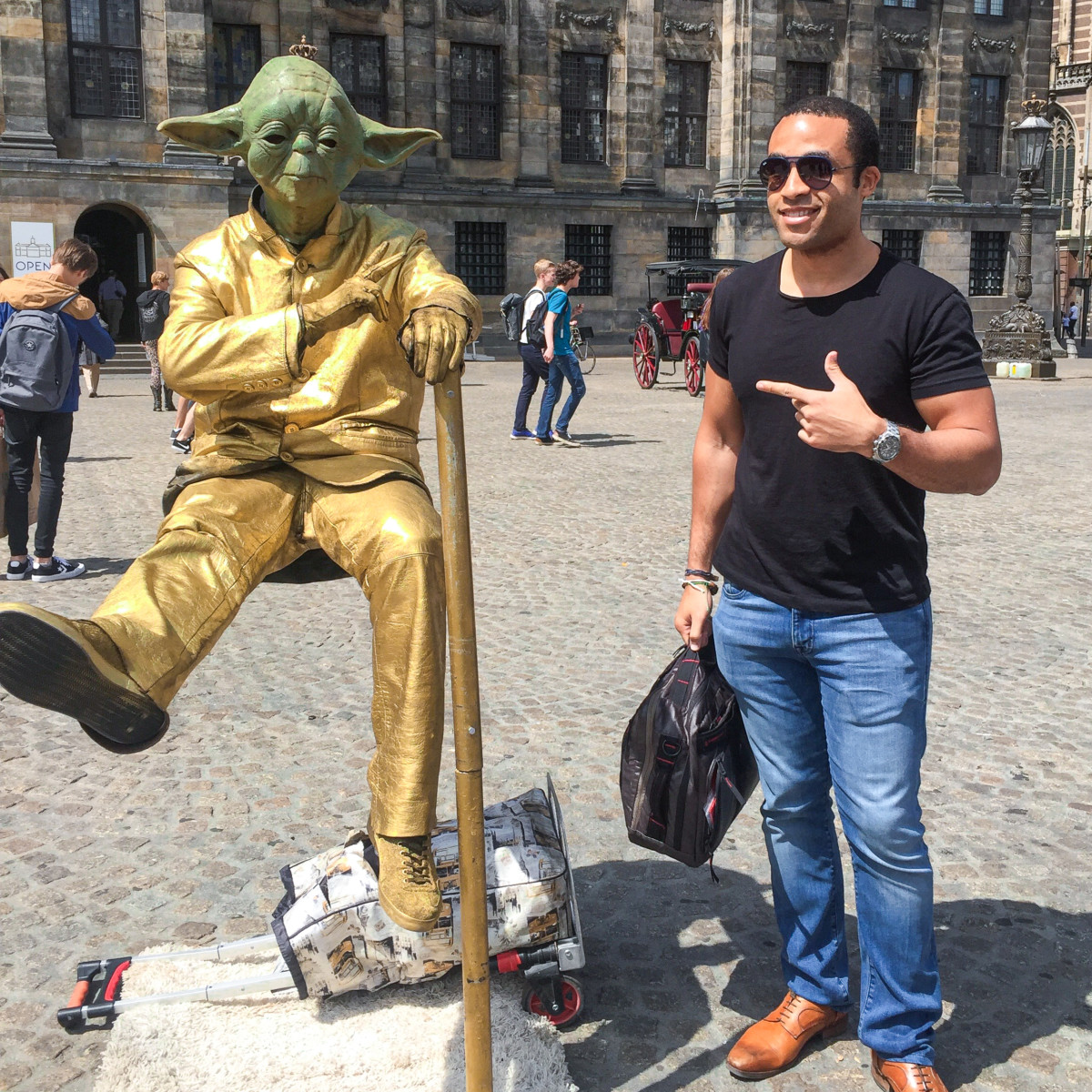
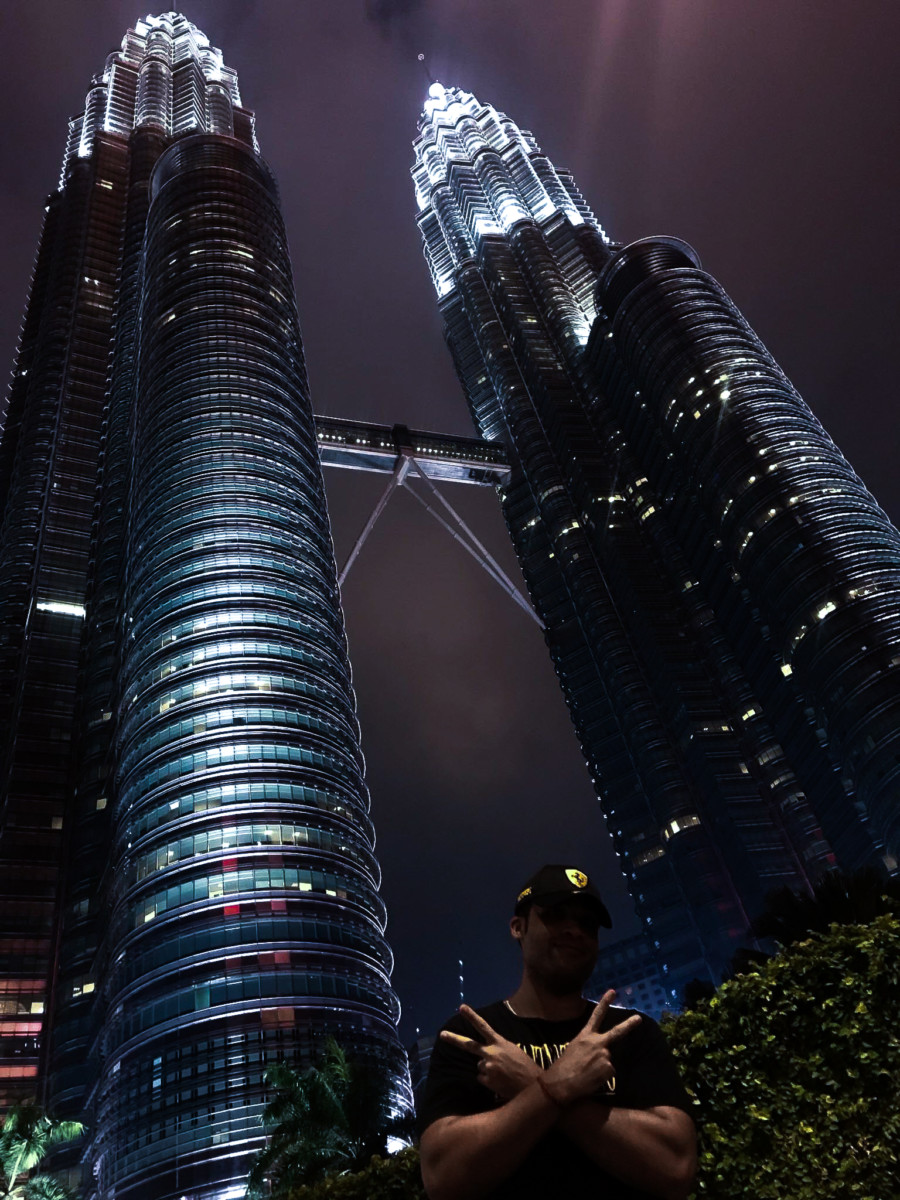
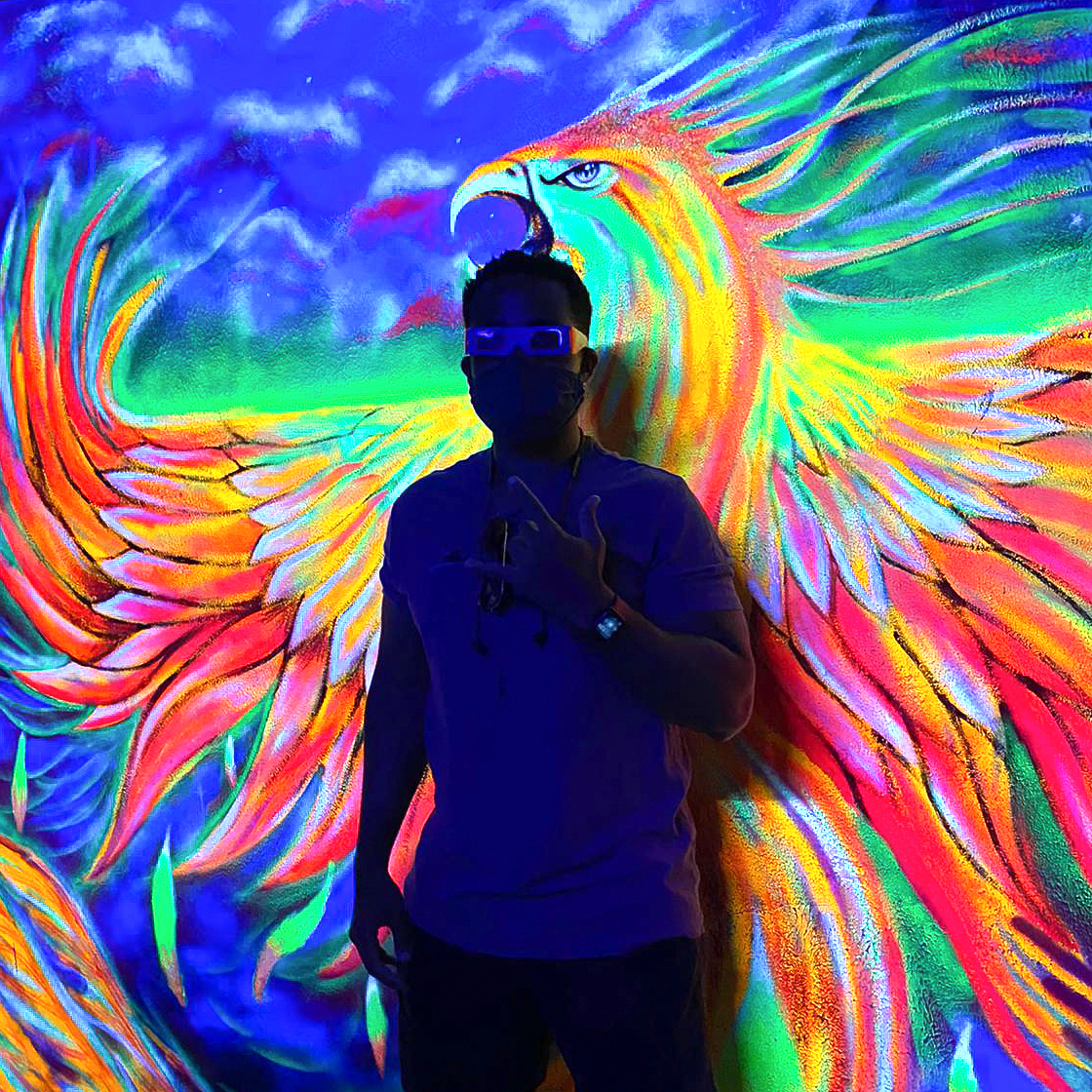
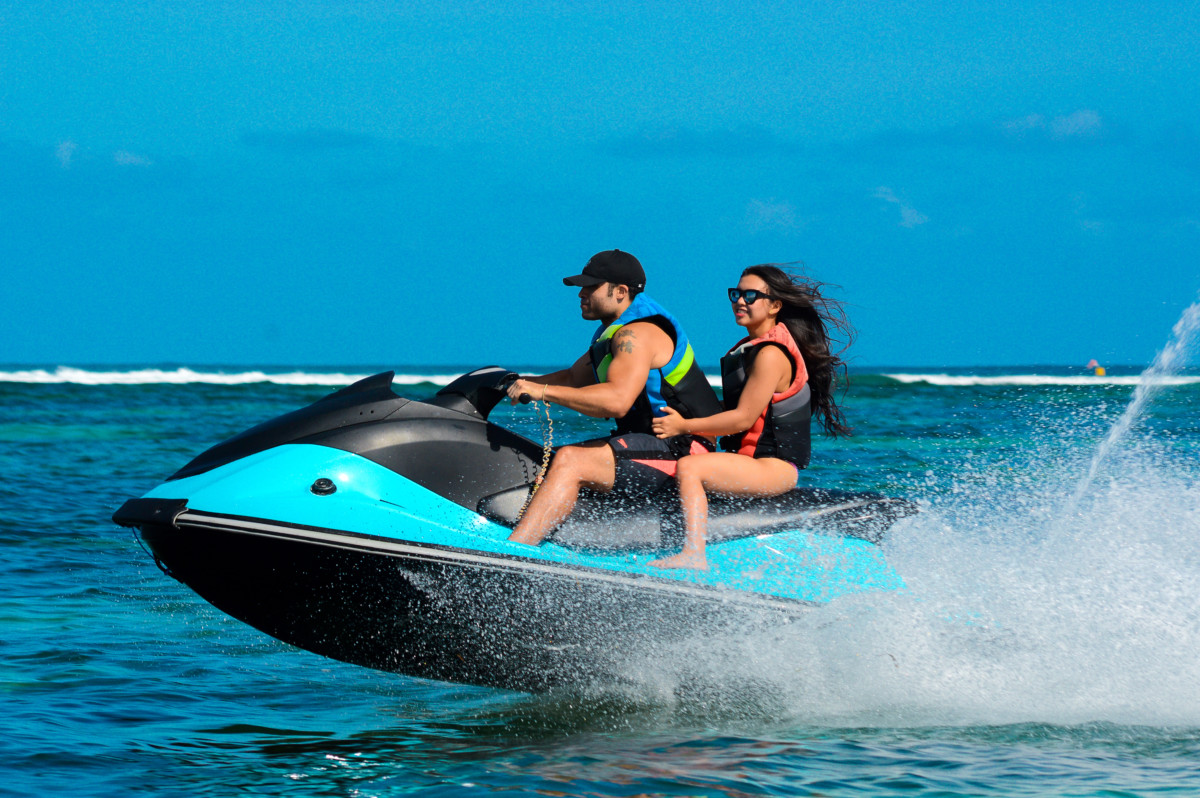
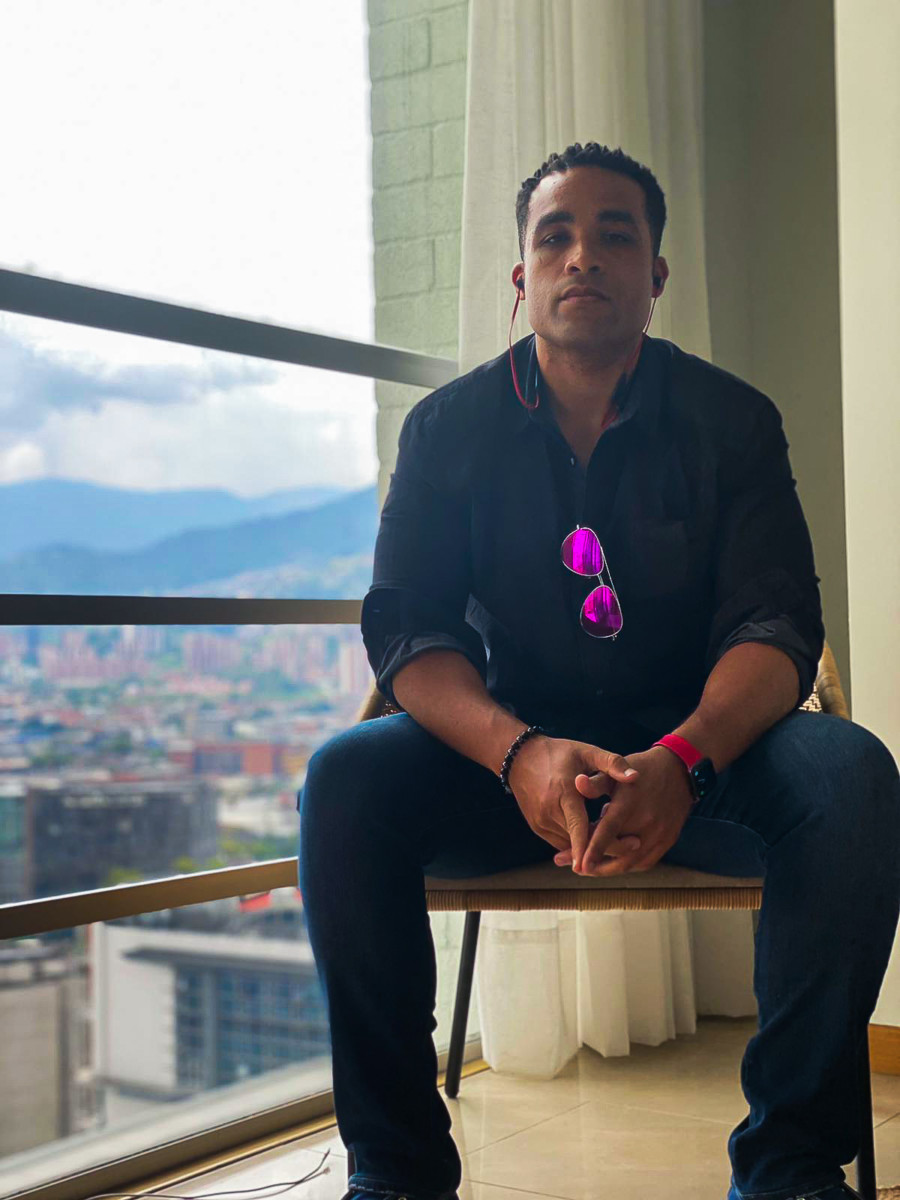

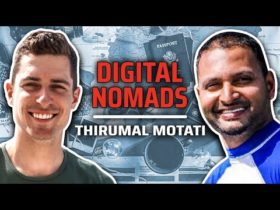
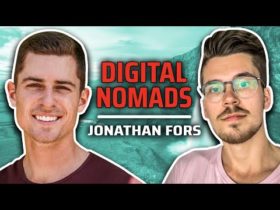
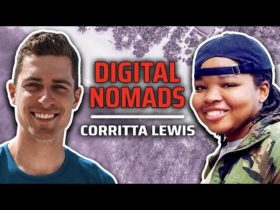
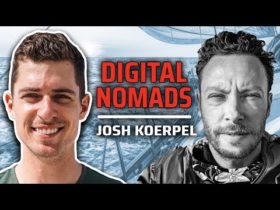
Leave a Reply
View Comments